The Film Noir Blogathon: The Damned Don’t Cry (1950)
 Picture this.
Picture this.
It’s the dead of night, three miles outside of Desert Springs, Arizona. We know this because the signpost announcing the location is briefly illuminated by the glaring headlights from a speeding car. When the car stops in the middle of the desert, we see three men in the front seat. The one in the middle, though, isn’t doing very well. We know this because when the driver exits the car, the fella in the middle slumps over on the seat. We further know this because the other passenger then joins the driver in tossing said fella out of the car and down a sandy dune.
Welcome to The Damned Don’t Cry.
TDDC (if you will) is one of my favorite noirs. Starring Joan Crawford, it’s brimming with memorable, well-defined characters, and it’s directed by Vincent Sherman, who also helmed such gems as The Hard Way (1942), Mr. Skeffington (1944), and Nora Prentiss (1947). The story consists primarily of one, big flashback, presented via a crackling screenplay with some of the best quotes this side of Out of the Past.
The tale begins with the discovery of the body that was so unceremoniously dumped in the sand in the opening scene. We learn that the body belongs to one Nick Prenta, a “notorious gambler and racketeer.” A search of the man’s sprawling desert estate turns up a home movie featuring wealthy socialite Lorna Hansen Forbes, and police launch a nationwide search for the missing woman after they find blood-stained carpet in Forbes’ home.

Who is Lorna Hansen Forbes? (And where can I get those sunglasses?)
“Who is she? Where is she? Is she dead, or is she alive? The questions continue to pile up,” a radio broadcaster intones. “Where did she come from? What was her source of income? Did she kill a well-known racketeer, whose blood stains were found in her home in Desert Springs? Or is she, herself, the victim of some kind of gang war? How and why the obviously well-bred and cultured society beauty could be even remotely associated with members of the underworld is a question which baffles the authorities.”
As these words are spoken, we see the woman in question, played by Joan Crawford, as she arrives, clad in mink and an air of weary defeat, at a wood frame house in a dusty factory town. Turns out that it’s the home of her parents, who obviously haven’t seen her in quite some time – and it turns out that her real name isn’t Lorna, but Ethel. After her mother prepares a place for her to rest, Lorna/Ethel gazes plaintively at a picture depicting her with a man and a young boy, and becomes lost in a flashback that will last nearly the length of the entire film.
We learn that Ethel Whitehead was married to Roy (Richard Egan), a frustrated, ill-tempered factory worker who cares more about keeping up with his life insurance premiums than furnishing the couple’s six-year-old son with the new bicycle he craves. When the boy is hit by a truck and killed, Ethel leaves her husband: “I haven’t anything to hold me here any longer,” she explains. “I would have left a long time ago if it hadn’t been for Tommy.”

It doesn’t take long for Ethel to go from naive small-town wife to this dame.
Ethel moves to the big city and winds up working for Fit-Right Frocks (dontcha love that name?) as a dress model, enduring the customers’ leers and earning extra cash on the side by occasionally dating the out-of-town buyers. Before long, she’s shed her small-town naivete, and she’s smoking cigarettes, smacking her gum, and cracking wise with the best of them. She finds herself attracted to an earnest, hard-working (but slightly dull) accountant, Martin Blackford (Kent Smith), and uses her wiles to snag side jobs for Martin with the owner of a local gambling joint and his pals. Eventually, she coaxes Martin into joining the fold of George Castleman (David Brian), an organized crime boss whose ruthlessness is offset by his appreciation for the finer things in life. Martin is reluctant to take the job, knowing that Castleman is operating an illegal enterprise, but Ethel talks him into it: “I know how you feel. You’re a nice guy,” she tells him. “But the world isn’t for nice guys. You gotta kick and punch and belt your way up, ‘cause nobody’s gonna give you a lift. You gotta do it yourself, ‘cause nobody cares about us except ourselves.”

Castleman was able to see Lorna beneath Ethel’s showy head gear.
Recognizing an opportunity for self-advancement, Ethel pays a personal visit to Castleman, and he’s soon able to look past her gaudy accessories and cheap perfume to the potential underneath. “I admire a woman with brains,” he admits. “But a woman with brains and spirit excites me.” Ethel promptly transfers her affections from Martin to Castleman, who engages a colleague, Patricia Longworth (Selena Royle), to transform Ethel into oil heiress Lorna Hansen Forbes. Under Patricia’s watchful eye, Ethel is provided with lessons on how to dress, eat, and speak, order food, and tastefully decorate an apartment; she’s even exposed to travel to such far-flung climes as St. Moritz, Amalfi, and Paris.
But being Lorna Hansen Forbes isn’t necessarily all it’s cracked up to be. When one of George’s underlings, Nick Prenta (Steve Cochran), gets out of line, Castleman presses Lorna into service, instructing her to ingratiate herself with Prenta so she can get valuable information out of him. Lorna isn’t keen on the idea, but she eventually agrees. “I learned a long time ago, George, that the customer is always right,” she says wryly.

Check out the movie to see what becomes of these two!
I don’t want to give away the rest of the plot, but suffice it to say that Lorna does her job with Nick Prenta not wisely, but too well, if you get my drift. And you already know from the opening scene that Nick ends up dead. How he gets that way, and what happens to Lorna, George, and even Martin, I leave you to discover for yourself. But trust me, it’s worth your time to find out.
One more thing – you might recall I mentioned earlier that The Damned Don’t Cry features some great lines. I leave you with some of them. Enjoy!
“I want something more than what I’ve had out of life. And I’m going to get it . . . . I’m not a kid any longer. I’ve gotta do something about it now, while I’ve still got a chance.” – Ethel Whitehead (Joan Crawford)
“A woman has only a short time when life can be exciting for her. When she can enjoy being a woman. Well, I want that time – I want it desperately. I’m going to drain everything out of those years there is to get. I’m going to squeeze them dry.” – Ethel Whitehead
“Don’t talk to me about self-respect. That’s something you tell yourself you got when you got nothing else.” – Ethel Whitehead
“Look Marty, the only thing that counts is that stuff you take to the bank, that filthy buck that everybody sneers at, but slugs to get.” – Ethel Whitehead

Ethel/Lorna and the men in her life.
“I have a notion that you’ve never admitted a mistake in your life, even to yourself. And to admit one in front of others would really be a catastrophe, wouldn’t it?” – Lorna Hansen Forbes (Joan Crawford)
“Your old man made his money in oil, and that made you an heiress. I never knew my father. Or anybody I could call that. I had to make mine myself. Well, I’m making it. But there’s someone who’s always trying to take it away. You either protect what you’ve got, or you’ve got nothing.” – Nick Prenta (Steve Cochran)
“In your crowd, a polite ‘no’ is enough. In mine, it isn’t. The only kind of a ‘no’ they understand is at the point of a gun.” – Nick Prenta
“This isn’t a party you can leave when you get bored. We could have left, you and I, a long time ago. We were only guests then. But we stayed too late.” – Martin Blackford (Kent Smith)
——————-
This post is part of the Film Noir Blogathon, hosted by Quiggy, over at The Midnite Drive-In. Be sure to click the banner below and check out the other posts that are part of this dark and shadowy event!



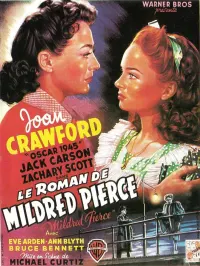




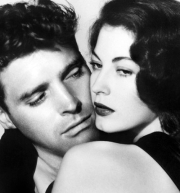
















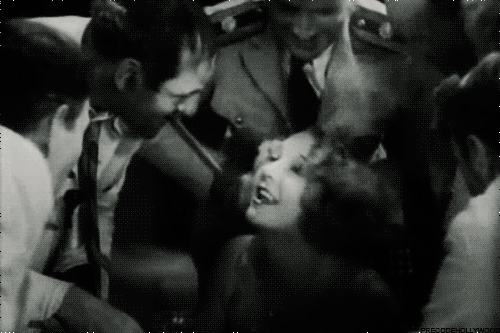


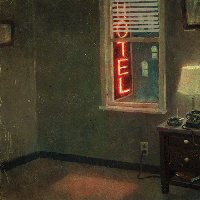
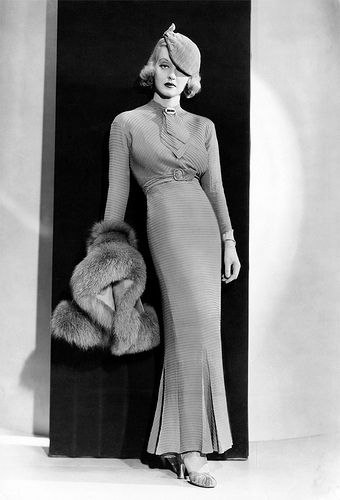



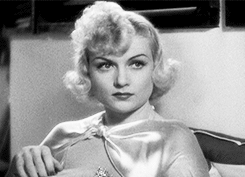
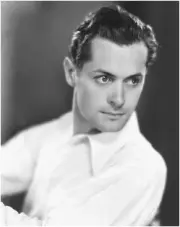
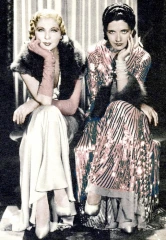

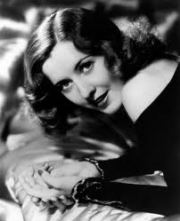



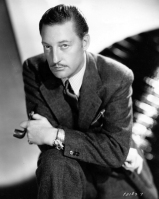




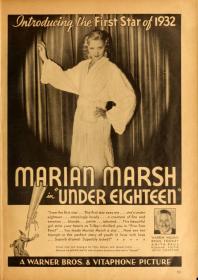
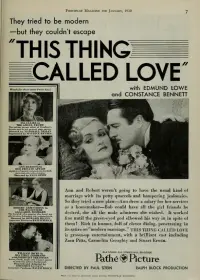

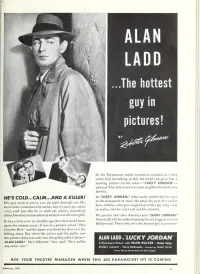
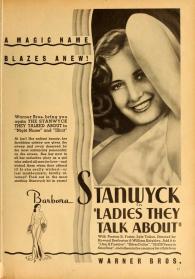

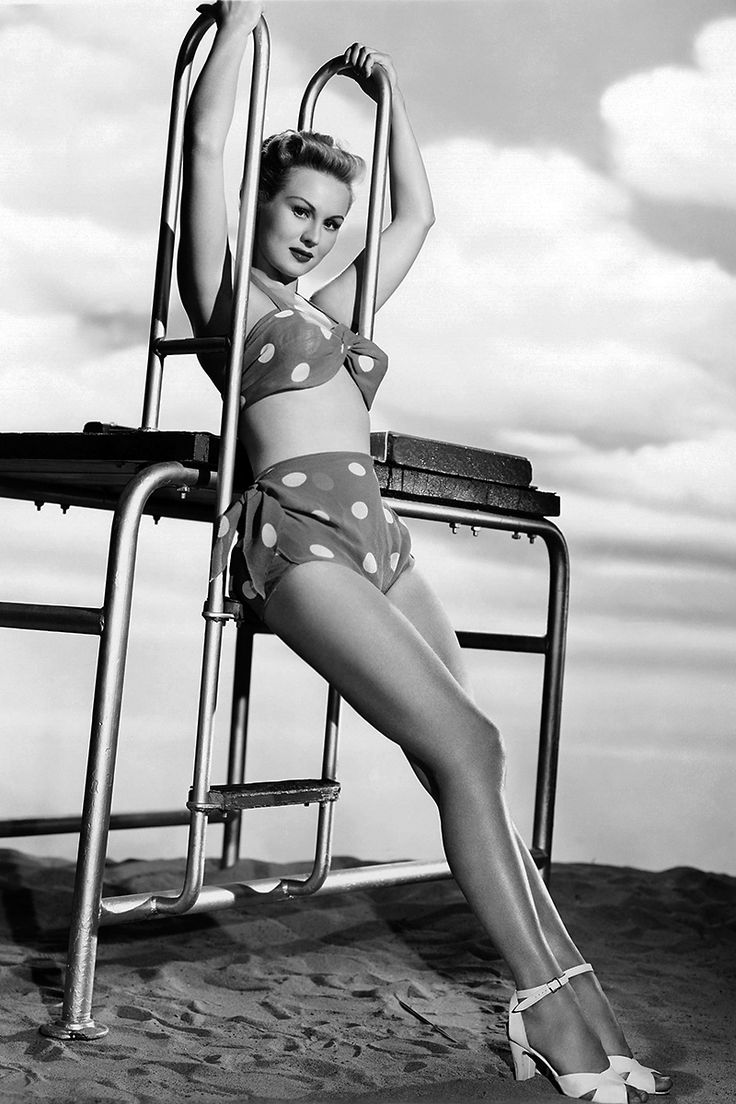



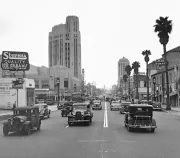
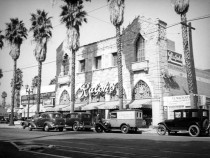


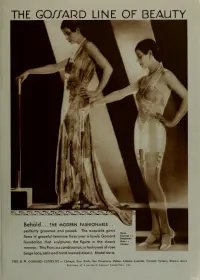

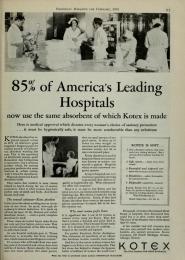

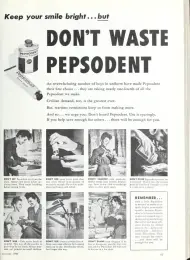


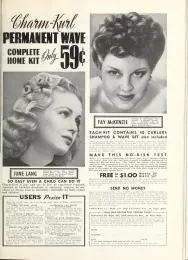





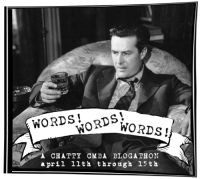

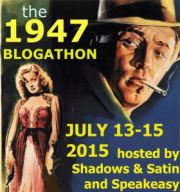
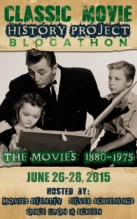
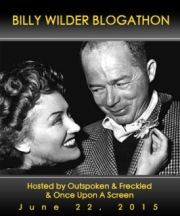


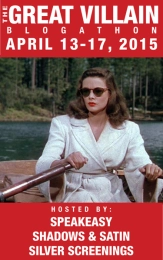


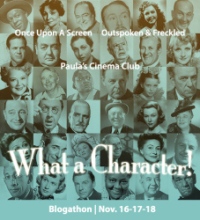
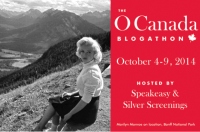


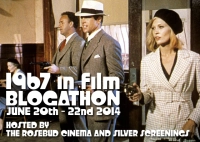


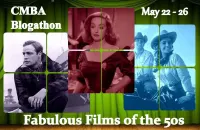
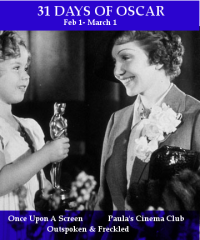
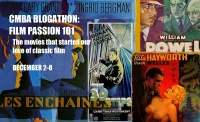







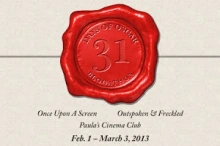

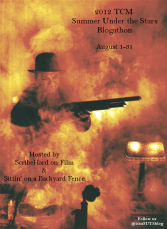


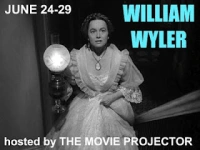





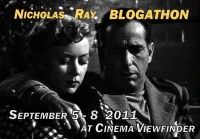

Great essay about a great movie, Karen — bravo! I love the quote collection.
Thanks so much, John! TDDC contains some of my all-time favorite noir quotes.
Great review. Love the dialogue quotes. Always wished Richard Egan had a bigger part.
Thanks, Vienna! Richard Egan’s character was awful, but he really did a good job, didn’t he?
I haven’t seen this one, but, as always, your review is excellent and has made me want to watch it.
I love the opening paragraph. Great write-up.
Thanks so much, Carol — I appreciate you! 🙂
Sounds like great dialogue, indeed! And what an arresting opening scene!
I bet Joan C. is utterly superb in this film. I’ve made a note to track it down.
She’s really good, Ruth — I hope you get to see it. There’s nothing not to like.
Geez, poor old Kent Smith got left out of the group shot. Sigh. Sometimes I feel like Kent Smith. Just once I’d like to feel like Joan Crawford.
Perfect selection for the blogathon and, as always, a perfect article.
Thanks, CW! That’s awful — until I read your comment, I didn’t even notice that Kent Smith wasn’t in the picture! Poor Kent indeed.
This entry wins my award for the best writing (although no prize, sorry…) Sorry it took so long for me to getting around to reading it, now. Great review. Joan Crawford is not one of my favorite actresses, but I would definitely like to watch this if I can find it.
Thank you so much for your lovely comment, Quiggy — you made my whole week!! I hope you can get your hands on this one. Even if you’re not a Joanie fan (gulp), you’ll appreciate The Damned Don’t Cry. I guarantee it. 😉 Thanks for hosting a great blogathon!
Great taste, great cast, great quotes! Time for a rewatch!
This is definitely one I can watch over and over — I just love it.
Great choice Karen, and there’s no one to deliver a sassy line like Joan Crawford. It was fun to relive the film through your review.
Thanks so much, Christian — I just love this movie!
[…] entered the realm of film noir with an Oscar-winning performance in Mildred Pierce (1945). Click here for more on The Damned Don’t Cry and here for more on Mildred […]
[…] 11: The Damned Don’t Cry […]